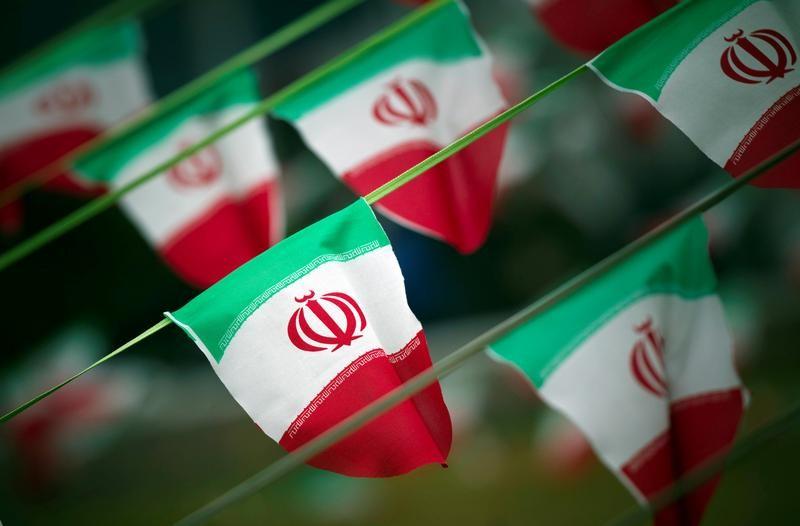News Analysis
Iranian state-backed actors are attempting to interfere in the 2024 presidential election at an unprecedented scale, and congressional Republicans say the regime’s attacks are disproportionately targeting the campaign of former President Donald Trump.




